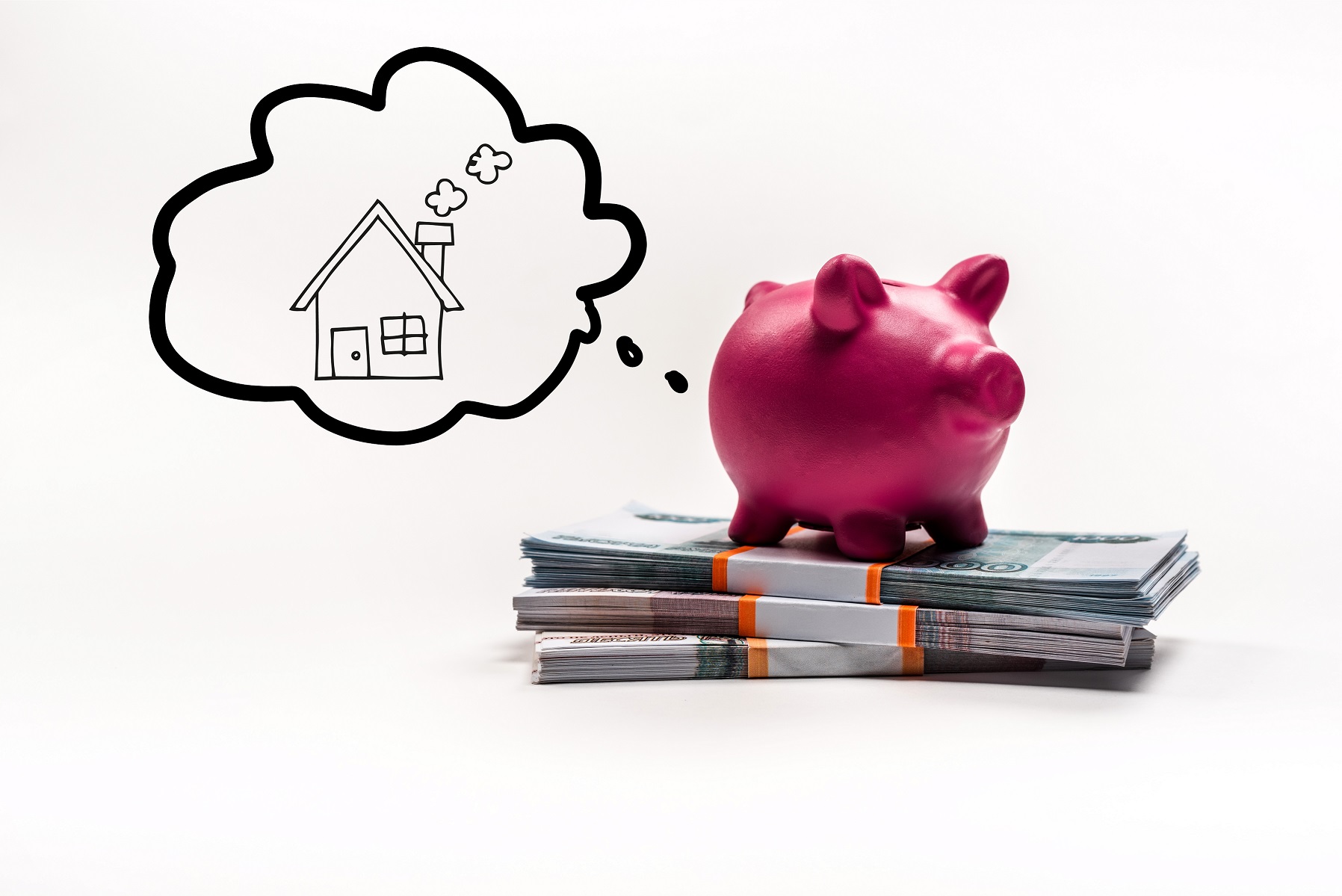Using a Personal Loan as a Down Payment Following Rate Cuts: Is It a Good Idea?

In early March, as the impact of the novel coronavirus began to really hit home to global leaders, the Bank of Canada made a drastic move and cut the overnight rate by 50 basis points, to just 1.25%. This is the first time the Bank of Canada had dropped the rate since 2015 and is the most drastic cut since the financial crisis of 2008.
In another bold move this past week, the Bank of Canada dropped the rates another 50 basis points, to just .75%. The bank did this to bolster consumer confidence as COVID-19 continues its frightening spread. It turns out that, for those in a position to take advantage of the rate drops, the move can prove to be very beneficial — especially for those in the market to buy a home.
Using a Personal Loan To Buy a Home
As the rates drop, the process of obtaining a mortgage loan will only become more difficult, as the lower rates mean increased demand. Those with good to excellent credit scores and a decent down payment are prime borrowers. If you have both and you’re in the market for a new home, now is the time to invest. However, what if you have the credit but not the down payment? Should you use a personal loan to invest in a new home?
Borrowing To Invest as Rates Fall
It’s a well-kept secret that individuals who borrow money to reinvest it in another thing of value can deduct the cost of interest on their year-end taxes. Using this tax-saving strategy when rates are so low is wise, as it becomes easier to profit from borrowing because your break-even rate of return goes down with the rates.
There are many people out there who might balk at borrowing to invest, especially when the market is in such turmoil. However, there are two things to bear in mind. The first is that the volatility of the market due to COVID-19 is likely short-term. The second is that the declining market presents a very promising investment opportunity. Combine the two, and the long-term reward far outweighs the short-term instability.
Of course, borrowing to invest is not for everyone. If it’s something you’re interested in, you should carefully weigh your options before you decide to use a personal loan.
Obstacles to Using a Personal Loan for a Down Payment
First things first: You may not even be able to use a personal loan to pay the deposit on a mortgage loan, as doing so defeats the purpose of a deposit. For mortgage lenders, a down payment serves three crucial purposes:
• It demonstrates that you’re financially responsible.
• It shows the lender that you’re investing at least some of your own money into the purchase.
• It makes your home more affordable, which therefore makes it more likely that you will be able to afford your monthly payments.
If you use a personal loan, it not only indicates that you’re irresponsible but also that you probably can’t afford the home you’re after. That said, if you have the credit and a decent-paying, stable job, you may be able to use a personal loan for at least part of your down payment.
Considering a Piggyback Loan
Though it is unlikely you will be able to use a personal loan to pay the entirety of your down payment, you may be able to make up the difference between what you have and what you need with a piggyback home equity loan. Here’s how a piggyback loan works: You put down 10% of the home’s cost. The mortgage loan covers another 80%. You can cover the remaining 10% of the down payment cost with the piggyback home equity loan.
A piggyback loan can come in handy at a time like this, when you’ve been saving up to buy a home but intended to invest later rather than sooner. However, with the rates at historic lows, you can’t let this opportunity pass you by and so want to see about getting a loan now. The banks may buy this as a reasonable excuse and not ding you for having to resort to a piggyback loan.
Drawbacks of a Piggyback Loan
Of course, using a personal loan as a down payment — even if
it’s only for a portion of the deposit — does come with drawbacks. For
starters, it creates more debt for you. This means you’ll have to pay double
the interest, have double the loan payments and double the risk of default. All
this makes you appear to be more of a risk to lenders, who want to lend
only to the soundest individuals right now.
It’s understandable that with rates at all-time lows, you
want to go out and invest in real estate as soon as financially possible.
However, no matter how meticulous you are with your credit and no matter how
diligently you’ve been saving, the fact may be that you don’t have enough for a
down payment. If you just "don’t have enough saved,” you may be able to use a
piggyback loan and still get approved for a mortgage. However, if you plan to
use a personal loan for the entirety of your down payment, now may not be the
right time for you to buy a home.
